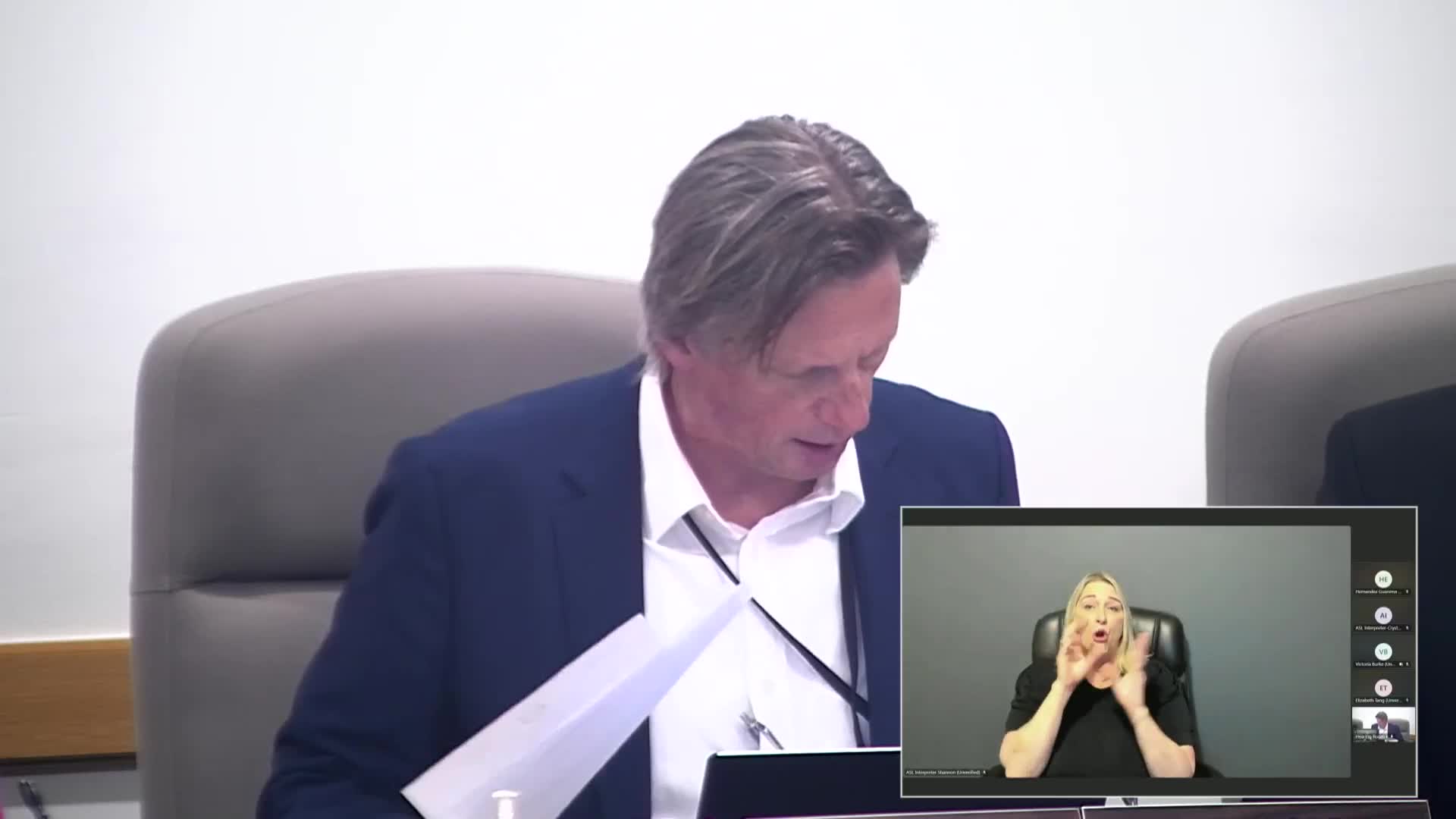Committee hears testimony on bill to shield assault survivors from retaliatory defamation suits
Get AI-powered insights, summaries, and transcripts
Subscribe
Summary
On May 5 the House Committee on Judiciary held a public hearing on Senate Bill 180A, which would expand Oregon's anti-SLAPP law (ORS 31.150) to allow defendants who make good-faith communications about sexual-assault incidents to move to dismiss defamation suits and shift burdens in early proceedings.
On May 5 the House Committee on Judiciary opened a public hearing on Senate Bill 180A, which would amend Oregon's anti-SLAPP statute (ORS 31.150) to create a special motion to strike defamation claims arising from good-faith communications about incidents of sexual assault.
Supporters told the committee the bill is aimed at preventing wealthy or powerful defendants from using defamation lawsuits to silence survivors and deter reporting. Proponents described a burden-shifting process that lets a person accused in a defamation suit move to dismiss early if they can show an objectively reasonable belief the assault occurred, after which the plaintiff must demonstrate a probability of prevailing and prove malice where required.
Representative Kevin Mannix, who introduced the bill to the committee, said the measure '2protects assault victims to ensure their voices are not silenced.' Amber Kinney, an attorney who represents survivors of sexual violence, told the committee she had litigated a case for two years on behalf of a then-teenage client, identified in testimony as M, who was sued for $500,000 after disclosing an assault. Kinney said anti-SLAPP as currently written did not protect that client because Oregon's statute limits protection to certain types of statements, such as reports made to law enforcement or investigative agencies.
A young witness, who identified herself as Conz, described posting a disclosure on Snapchat at age 14 and then facing legal threats and intense pressure to recant. Shannon Miller, who said she is the mother of a teen the testimony called Maya, described being told by opposing counsel that she and her family faced a $500,000 defamation suit; Miller said her family endured two years of litigation, multiple depositions and significant financial strain before a jury found the statement at issue to be true.
Victoria Burke, an attorney and adjunct law professor who described herself as the bill's architect, said the proposal would modernize the anti-SLAPP law to cover the kinds of private-forum disclosures common among younger people (for example, disclosures via social media) and to align the statute with its original public-participation purpose. Elizabeth Tang of the National Women's Law Center urged a favorable recommendation, citing national trends of states expanding protections for survivors.
Kinney described how the proposed procedure would operate in practice: a defendant would file a motion under anti-SLAPP soon after being served, staying discovery and other litigation while the court decides whether the statement at issue qualifies for protection; if the court finds it qualifies, the burden shifts to the plaintiff to make a prima facie showing they can prevail, including showing malice where required.
There was no committee vote on SB 180A during this hearing; the measure was heard and then the public hearing was closed. The bill passed the Senate floor earlier with a recorded vote of 28 ayes and 0 nays, according to testimony to the committee.
Supporters emphasized the human and financial costs they say retaliatory suits impose on survivors, citing multiple examples from litigation the witnesses described. Committee members asked procedural questions about the timing and burden-shifting mechanics of the anti-SLAPP motion; bill proponents answered that the change would permit early dismissal and would stay discovery while the court resolves the motion.
If enacted as written during the hearing, proponents said, the bill would allow a successful defendant to get attorney fees and avoid extended discovery and depositions that survivors and their families said left them emotionally and financially harmed.
No formal committee action was taken at the hearing; the committee recessed the matter after testimony and moved on to other bills.
